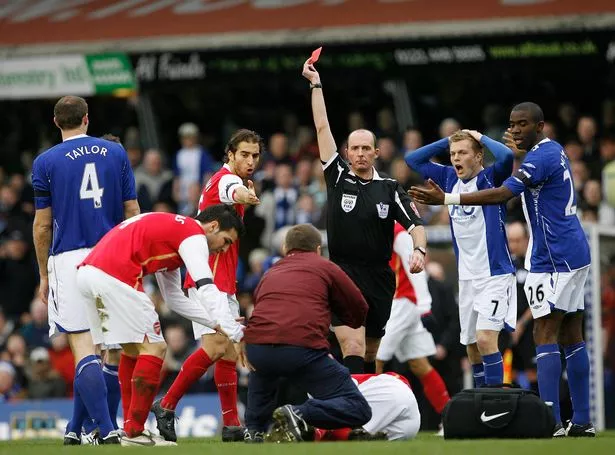
Christian Horner, the CEO of Red Bull Racing and the principal of their Formula One team, is still facing allegations. Given the gravity of the charges of “controlling and coercive behavior,” which Horner has openly rejected, it was necessary to respond to the situation transparently and quickly. Red Bull, the parent company, took the proper move in initiating an internal investigation.
But after Horner’s first interview, the investigation’s independent barrister was unable to reach a consensus. Red Bull must now carefully evaluate its next course of action in order to show its commitment and accept accountability for achieving a result.
The pressure to come to a decision prior to the start of the upcoming F1 season in March—just a few weeks away—is one worrying feature. Investigating a matter too quickly could jeopardize its impartiality and integrity and raise the possibility that crucial information will be missed or misconstrued. Making the right choices and coming to just judgments when dealing with allegations of improper behavior at work requires accurate and comprehensive information. Every employee has the right to a thorough and unbiased investigation; a hasty process could create the impression of prejudice or insufficient attention to all pertinent details.
Even while each employee should be dealt with the utmost seriousness and consideration, accusations made against senior employees may have a greater effect on how the business operates as a whole. Senior employees frequently serve as an organization’s public face. A company’s reputation can be damaged by accusations made against it, which can be seen as a reflection of the whole enterprise. Higher level misconduct might have more extensive repercussions because it is a sign of power abuse.





